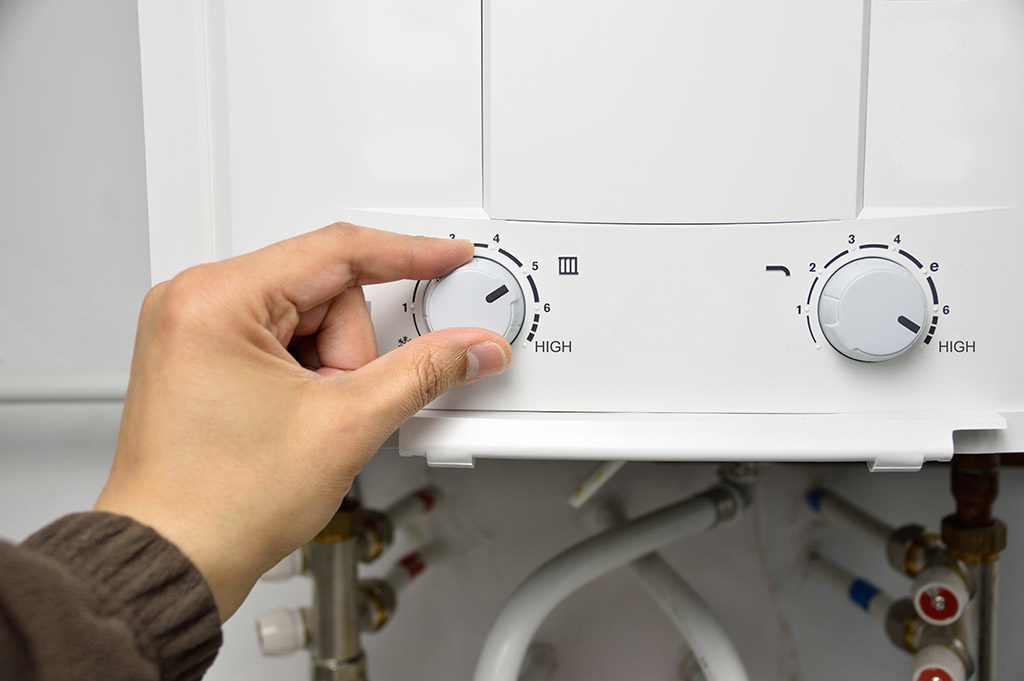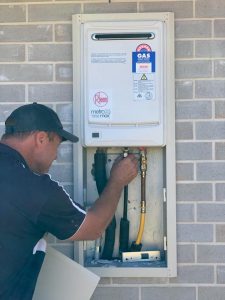Ways to Address the Common Water Heater Emergency Challenges
Ways to Address the Common Water Heater Emergency Challenges
Blog Article
Do you find yourself on the lookout for tips concerning Is Your Water Heater Leaking??

A hot water heater is among the most crucial basic home appliances that can be found in a house. With hot water heater, you don't require to go through the stress and anxiety of heating water by hand every time there is a requirement to wash, do the laundry, or the meals. There is constantly a possibility that your water heating system would act up as with many mechanical tools.
It is essential to keep in mind any kind of little malfunction and also tackle it rapidly prior to points get out of hand. Many times, your hot water heater starts to malfunction when there is a build-up of debris as a result of constant use. As a preventative measure, periodic flushing of your hot water heater is suggested to stop debris buildup as well as stop useful failing.
Common water heater emergencies and also just how to take care of them
Leaking hot water heater tank.
In this circumstance, you need to transform off your water heating unit, permit it to cool down, as well as thoroughly look for the resource of the issue. At times, all you require to do is to tighten a couple of screws or pipeline connections in instances of minor leaks. If this does not function as well as the leak persists, you might require to employ the solutions of a professional for a proper replacement.
Fluctuating water temperature.
Your water heater can start generating water of different temperature levels usually ice cool or scalding warm. There might be a requirement to change either the thermostat or the home heating system of your water heater.
Insufficient warm water
Handling an inadequate supply of hot water can be irritating. It may be that the hot water heater can not support the warm water need for your house. To manage this problem, you might try to readjust your heater's temperature dial as well as await a few mins. You can ask for the help of an expert plumber if the trouble persists. You can upgrade your water heater to one with a bigger ability.
Discolored or stinky water
When this takes place, you need to know if the issue is from the water or the storage tank source. If there is no funny scent when you run chilly water, then you are certain that it is your water heating unit that is faulty. The odiferous water can be triggered by rust or the accumulation of microorganisms or sediments in the water heater container.
Final thought
Some property owners overlook little warning and minor faults in their hot water heater system. This just causes further damages as well as a possible total break down of your device. You must deal with your hot water heater faults as quickly as they come up to stay clear of even more expenses and also unneeded emergency problems.
With water heating units, you don't require to go with the anxiety of home heating water by hand every time there is a need to take a bathroom, do the washing, or the dishes. Your water heating system could begin producing water of various temperatures typically ice hot or cold warm. It might be that the water heating unit can not support the hot water need for your house. If there is no amusing scent when you run cold water, after that you are certain that it is your water heating unit that is damaged. The stinky water can be triggered by corrosion or the accumulation of bacteria or debris in the water heating system tank.
Common Water Heater Issues and What You Should Do
What Type of Water Heater Do You Have?
Before we begin it’s first important that you identify the type of water heater you have on your property. There are two main types of water heaters out there: conventional and high efficiency.
Both of these types of products typically use either gas or electricity to heat power. There are also solar water heaters that use a thermal collector on the roof or yard to heat the water.
While these models are not as common, they can cut heating costs in half. In this article, we will focus on conventional and high efficiency.
How Do My Electric and Gas Water Heater Work?
Though they look similar, electric and gas water heaters work very differently. It’s important to know their basic function because often problems can be specific to the heating source.
In the electric model, a thermostat on the side of the machine detects the temperature of the water in the tank. When the temperature needs to rise electricity flows to a heating element suspended in the water.
Gas models also use a thermostat device — typically with a mercury sensor at the tip and an additional sensor called a thermocouple. The thermocouple detects whether the pilot light is on and controls the flow of gas.
When the thermostat drops below the appropriate level gas is released which becomes ignited by the pilot light. The flame heats the bottom of the water tank which causes hot water to rise and cold water to drop.
This natural circulation continues until the water reaches the desired temperature. Then, the thermostat triggers the gas control valve to shut off the flow of gas.
What Are the Most Common Issues and How Do You Fix Them?
https://happyhiller.com/blog/common-water-heater-issues-and-what-you-should-do/

I recently found that article about Is Your Water Heater Leaking? while browsing on the web. Loved our write up? Please share it. Let other people locate it. Thanks a bunch for your time. Visit us again soon.
Trustworthy fix? Call. Report this page